Latest news
Apr. 11, 2024
On 22 March 2024, the Dynamic team held an event to share the results of the research with government stakeholders and NGOs, demonstrate the various digital tools developed during the project, and discuss strategies on how to integrate this intervention into the routine healthcare system.
Read more about the event: Research unveils technology to boost pediatric healthcare in Rwanda
THE DYNAMIC PROJECT
A DIGITAL TOOl to improve the management of sick children
The Dynamic Project helps clinical decision making and improves the quality of diagnoses for sick children in Tanzania and Rwanda, thanks to an innovative clinical support algorithm available on a tablet.
Dynamic is a 5-year research project started in 2019 and led by Unisanté’s Digital and Global Health Unit, in collaboration with several partners (see below).
The project is coordinated by Professor Valérie D’Acremont (Principal Investigator) and continues in the footsteps of ALMANACH and e-POCT: it aims at improving healthcare quality for almost 1 million sick children aged 0 to 15, in 140 health facilities through the implementation, the validation and the continuous improvement of e-POCT+, an innovative clinical decision support algorithm (CDSA), combined with point-of-care diagnostic tests. The main goals are to improve the quality of diagnoses, children’s health recovery rates and to reduce the use of antibiotics.
children potentially managed
%
Anticipated Reduction in antibiotic prescriptions
%
Anticipated increase in cure rate
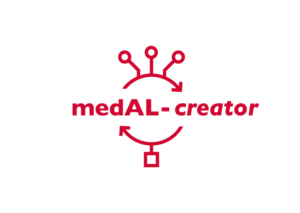
medAL-creator
A revolutionary medical ALgorithm creator: clinicians drag and drop the algorithmic logic in a user friendly interface. No coding required at all

medAL-reader
A tablet-based intuitive consulta-tion guide that helps health care professionals make the best diagnoses and select the best possible treatments and managements

medAL-hub
A local raspberryPi-based server in the Health Facility allowing tablets to communicate with one another
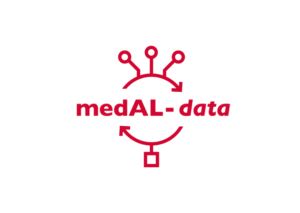
medAL-data
The medical data always stays in the country. It is collected from the field, cleaned and anonymized on a National dedicated database
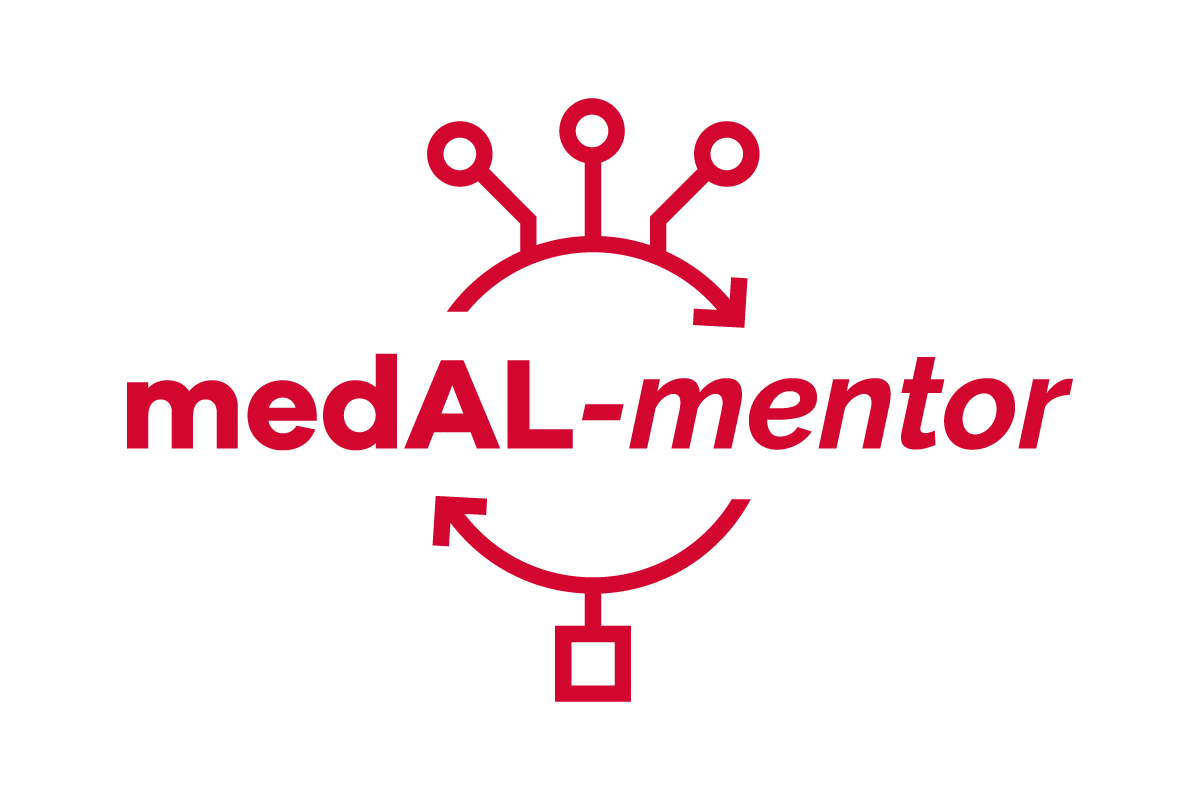
medAL-mentor is a real-time user-friendly monitoring and mentoring dashboard, powered by data entered in the tool. >> medAL-mentor leaflet

medAL‑outbreak enables disease surveillance and real-time automated outbreak detection >> medAL-outbreak leaflet

EPFL’s machine learning models analyse the anonymised data to propose algorithm improvements, thus creating a DYNAMIC virtuous circle
Please check the medAL-suite website and the medAL-suite documentation wiki for more info.

medAL-creator
A revolutionary medical ALgorithm creator: clinicians drag and drop the algorithmic logic in a user friendly interface. No coding required at all

medAL-reader
A tablet-based intuitive consulta-tion guide that helps health care professionals make the best diagnoses and select the best possible treatments and managements

medAL-hub
A local raspberryPi-based server in the Health Facility allowing tablets to communicate with one another

medAL-data
The medical data always stays in the country. It is collected from the field, cleaned and anonymized on a National dedicated database
medAL-mentor is a real-time user-friendly monitoring and mentoring dashboard, powered by data entered in the tool. >> medAL-mentor leaflet
medAL‑outbreak enables disease surveillance and real-time automated outbreak detection >> medAL-outbreak leaflet

EPFL’s machine learning models analyse the anonymised data to propose algorithm improvements, thus creating a DYNAMIC virtuous circle
Please check the medAL-suite website and the medAL-suite documentation wiki for more info.
Medical Algorithms
accuracy. The reference algorithm is the ePOCT+ version hosted in medAL-creator. For the time being, a full access to the platform is required in order to visualize the algorithm. We are working on a better representation)
Documented Algorithm
» ePoct+ TZ Algorithm phase 1 : Excel Table – Drawio Diagrams
» ePoct+ TZ Algorithm phase 2 : Excel Table – Drawio Diagrams
Implementation
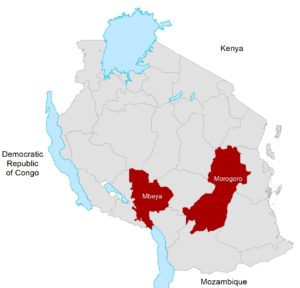
Tanzania
(Implementation status Jan 2022)

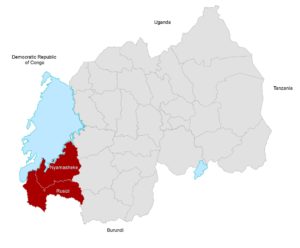
Rwanda
(Implementation status Jan 2022)

Our Research Partners
Sponsors
FONDATION BOTNAR

Swiss Agency for Development and Cooperation (SDC)
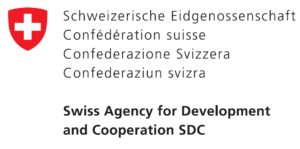
Downloads
SOFTWARE
» Download medAL-reader from the PlayStore
» The rest of the software suite will soon be available on GitHub under the Attribution-NonCommercial-ShareAlike Creative Commons Open Source licence
TALKS & VIDEOS
MEDIA COVERAGE
Centre for Primary Care and Public Health
University of Lausanne, Switzerland
Rte de la Corniche 21
1010 Lausanne
+41 21 314 60 60

 Digital Tools Supporting the Project
Digital Tools Supporting the Project








